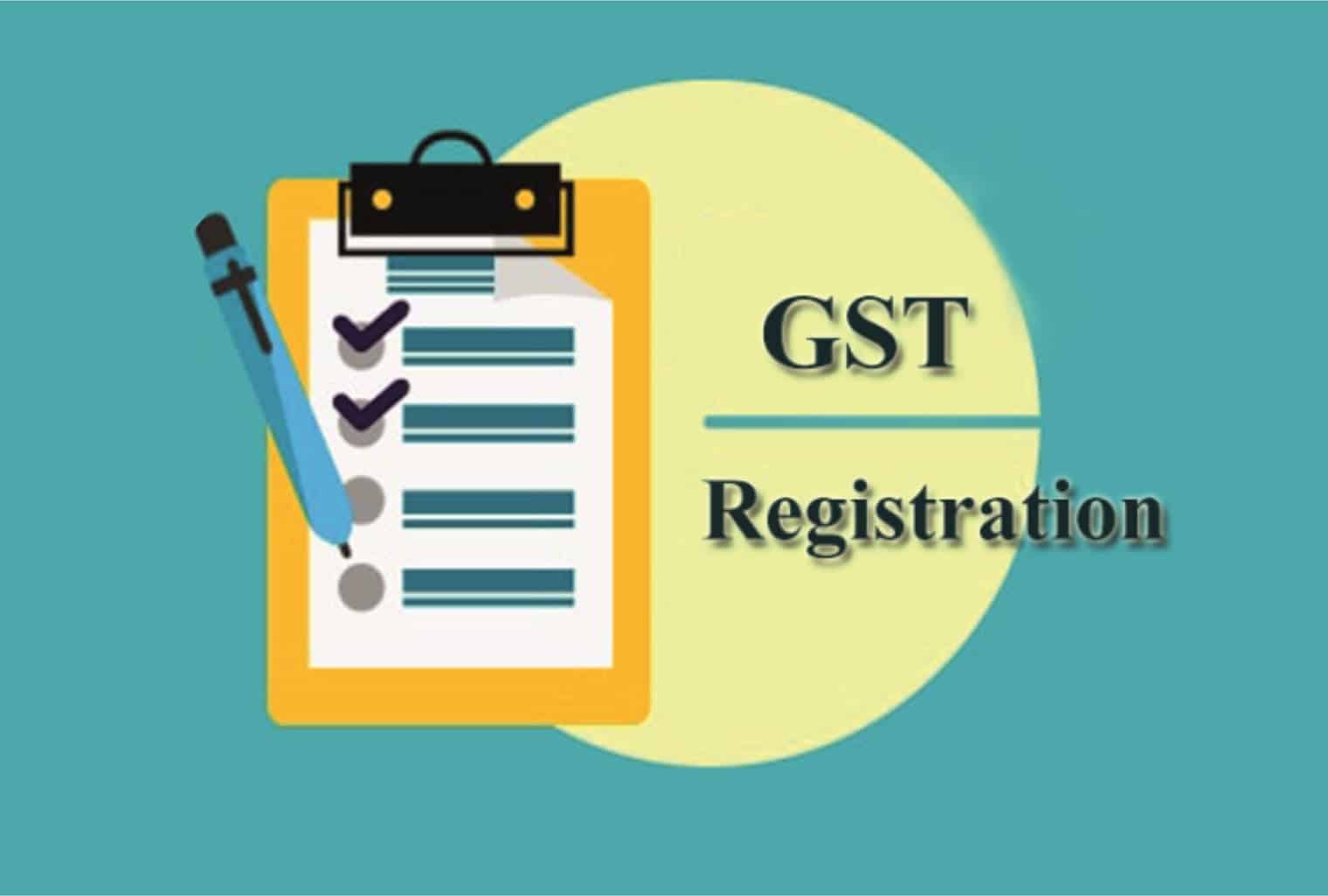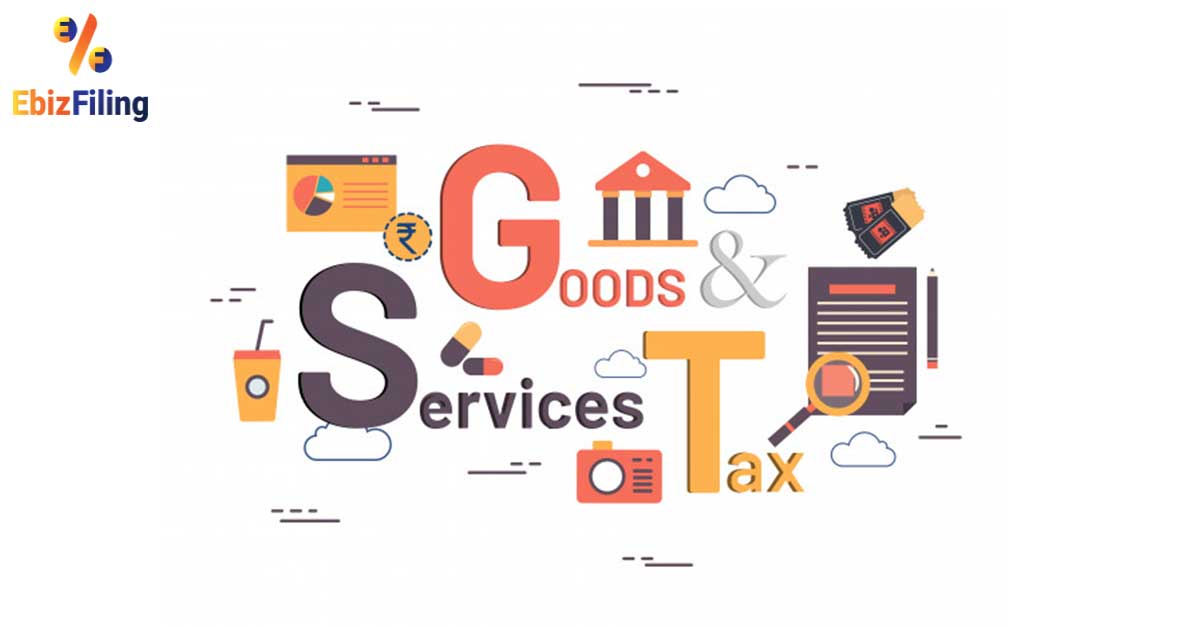Cost effective Options for the Best GST Registration Services in Singapore
Cost effective Options for the Best GST Registration Services in Singapore
Blog Article
Throughout: The Ultimate Roadmap to GST Enrollment for Services Seeking Financial Security
Navigating the complexities of Goods and Provider Tax Obligation (GST) registration is an important action for companies striving for financial security. From comprehending the basic concepts of GST to following post-registration guidelines, the procedure can appear daunting in the beginning look. Nevertheless, damaging down the roadmap right into manageable actions can simplify the registration journey for companies aiming to boost their economic standing. Let's explore the essential parts that compose this supreme roadmap and find how each stage adds to laying a strong structure for economic success.
Comprehending GST Basics
Digging into the basic principles of Product and Services Tax (GST) is crucial for obtaining a comprehensive understanding of its effects on organizations and the economic situation. Input Tax Debt (ITC) is a significant attribute of GST, permitting services to assert credit report for tax obligations paid on inputs, minimizing the general tax obligation problem. Comprehending the essentials of GST is essential for companies to abide with tax policies, handle their funds efficiently, and add to the nation's financial development by participating in a transparent tax system.
Eligibility Criteria for Enrollment
To sign up for GST, businesses need to fulfill details eligibility standards established by the federal government. The primary eligibility demand is that any service included in the supply of products or solutions with a yearly aggregate turnover above the threshold limit established by the authorities must sign up for GST. Since the current guidelines, the threshold restriction for GST registration is a yearly aggregate turn over of 40 lakhs for organizations operating within a state, except for unique classification states where the limit is 20 lakhs. In addition, specific companies are required to sign up for GST irrespective of their turnover, such as interstate distributors, laid-back taxed individuals, and organizations reliant pay tax under the reverse cost device. It is vital for organizations to completely assess their turn over and purchase kinds to establish their GST enrollment obligations accurately. Failing to sign up for GST when eligible can result in fines and legal effects, making it vital for companies to comply with the defined qualification criteria.
Papers Needed for Registration
Having fulfilled the qualification criteria for GST registration, organizations must currently ensure they have the requisite papers in area to continue with the enrollment procedure efficiently. The papers needed for GST enrollment usually consist of proof of business constitution, such as partnership act, registration certification, or consolidation certification for various kinds of companies. Furthermore, services require to supply files establishing the principal area of organization, such as a rental agreement or electricity costs.
Step-by-Step Registration Process
Starting the GST registration procedure entails a series of organized steps to make certain a smooth and compliant registration for services. The initial step is click site to visit the GST portal and complete the registration kind with precise details of the business entity. Following this, the candidate receives a Temporary Referral Number (TRN) which is used to return to the application process if it's not completed in one go.
Next, all needed files as per the list supplied by the GST portal demand to be uploaded. These records commonly include proof of business registration, identity and address evidence of marketers, economic declarations, and service entity's frying pan card.

Post-Registration Compliance Standards

Conclusion
In verdict, companies seeking economic security should recognize the basics of GST, fulfill eligibility requirements, collect required records, comply with the detailed enrollment process, and abide by post-registration standards - view it now Best GST registration services in Singapore. By adhering to these actions, organizations can make certain compliance with tax obligation laws and preserve monetary security over time
In addition, specific businesses are needed to sign up for GST irrespective of their turnover, such as interstate providers, informal taxable individuals, and services responsible to pay tax under the reverse cost device.Having actually satisfied the qualification criteria for GST enrollment, companies have to currently guarantee they have the requisite files in area to proceed with the enrollment procedure efficiently. The papers required for GST enrollment usually consist of evidence of business constitution, such as partnership action, registration certificate, or incorporation certificate for various types of businesses. In addition, businesses need to provide papers developing the major place of service, such as a rental arrangement or electrical power costs.Commencing the GST registration procedure involves a series of organized steps to make certain a certified and seamless enrollment for companies.
Report this page